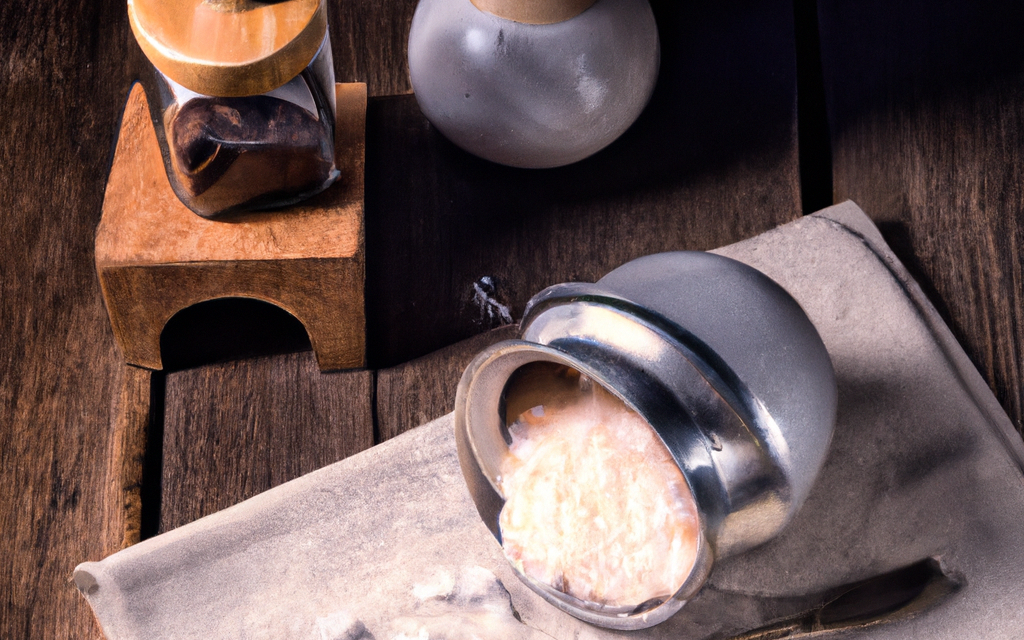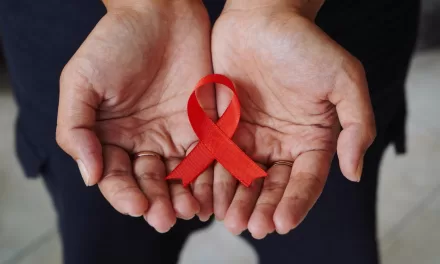Caribbean Region Faces Urgent Health Risks Due to Excessive Sodium Consumption
A new report from the Pan American Health Organization (PAHO) has revealed alarmingly high sodium consumption levels in the Caribbean, nearly double the World Health Organization’s (WHO) recommended intake. This excessive sodium consumption is significantly contributing to the rise of cardiovascular diseases and other non-communicable diseases (NCDs), which remain the leading cause of death in the region.
The report, titled Dietary Sodium in Caribbean Populations, reviews data from the past decade, examining dietary sodium intake, urinary sodium excretion, and the sodium content in packaged foods. The findings indicate an urgent need for intervention, as high sodium intake is directly linked to increased risks of hypertension and other chronic health conditions.
The Health Crisis: NCDs and Hypertension
Non-communicable diseases, including cardiovascular diseases, are responsible for the majority of deaths in the Americas. Excess sodium intake is a key contributor to high blood pressure and other cardiovascular issues. WHO has set a global target to reduce sodium consumption by 30% by 2025, a goal that aligns with efforts to reduce premature mortality from NCDs by 25%.
Dr. Anselm Hennis, Director of the Department of Noncommunicable Diseases and Mental Health at PAHO, emphasized the importance of reducing sodium intake. “Excessive sodium consumption is a public health challenge that requires urgent and coordinated responses. Evidence shows that reducing sodium intake in the population can prevent cardiovascular diseases and other NCDs, improving people’s quality of life and reducing pressure on health systems,” he stated.
Processed Foods: A Major Culprit
Research highlights that in many countries, three-quarters of sodium intake comes from processed and ultra-processed foods, such as bread, cereals, processed meats, and cheese. In Barbados, these foods account for 40.5% of daily caloric intake, while in Trinidad and Tobago, an analysis of 1,239 processed products found excessive sodium levels in key food categories like sauces, dressings, and seafood products.
Urinary sodium excretion studies further confirm the issue. A study in Barbados found an average sodium excretion of 2,656 mg/day among Afro-Caribbean adults, with 68% surpassing WHO recommendations. Similar trends were observed in Argentina, Brazil, Chile, and Colombia, where 75% of the population consumed between 3 and 6 g/day of sodium—far exceeding healthy limits.
The Need for Stronger Policies
Although efforts to reduce sodium intake have been initiated, implementation remains inconsistent. A 2021 PAHO assessment found that while 70% of surveyed countries had NCD reduction policies, only six had comprehensive national strategies. Strengthening sodium reduction policies, especially those targeting the food industry, is crucial to combatting this growing health crisis.
Key recommended measures include:
- Mandatory sodium content reduction in processed and ultra-processed foods.
- Front-of-package warning labels for high-sodium products.
- Regulation of high-sodium food marketing, particularly targeting children.
- Public awareness campaigns to promote healthy dietary habits.
A Call to Action
PAHO/WHO has introduced several tools to aid Caribbean nations in their sodium reduction efforts, including The SHAKE Technical Package for Salt Reduction and PAHO Regional Sodium Reduction Targets. These tools provide frameworks for governments to implement effective policies and encourage healthier eating habits among the population.
As the Caribbean faces rising health risks associated with excessive sodium intake, urgent action is needed to enforce stronger dietary regulations, promote nutritional education, and encourage healthier food choices. Addressing this issue now could significantly reduce the burden of chronic diseases and improve the overall well-being of Caribbean populations.
Disclaimer: This article is based on findings from the PAHO report and is intended for informational purposes only. It does not constitute medical advice. Readers are encouraged to consult healthcare professionals for guidance on dietary habits and sodium intake.












